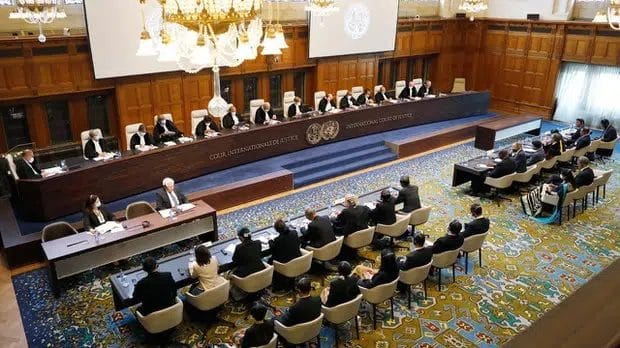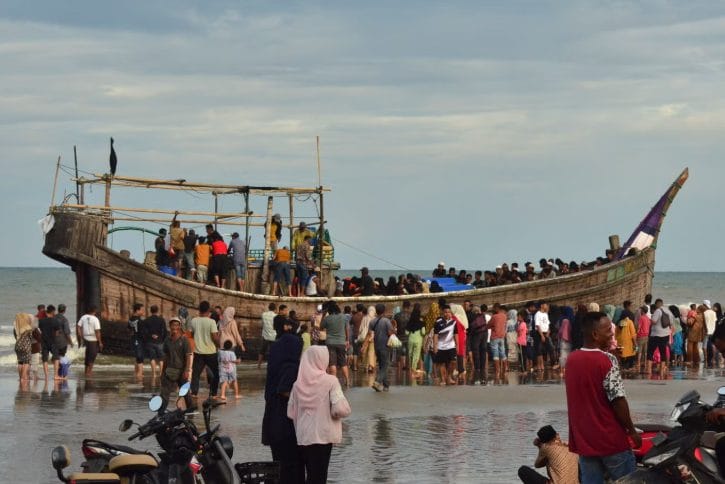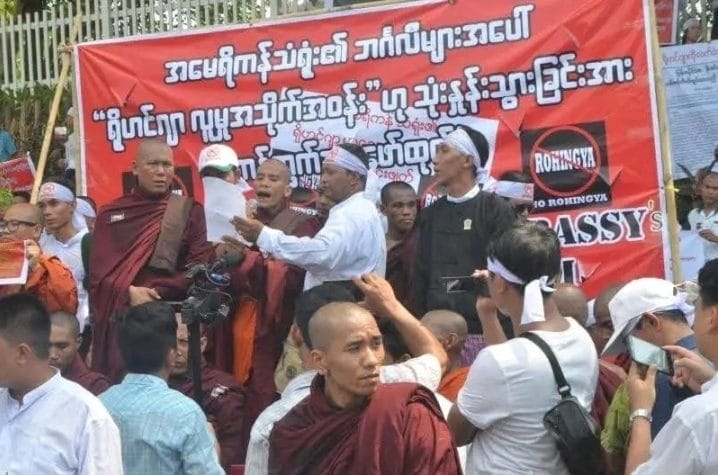Arakan News Agency
Buddhist Arakan militias (Arakan Army) have imposed a new monthly tax on Rohingya families in Mungdaw Township, Arakan State, amounting to 3,000 kyats per household, despite the severe economic crisis, lack of job opportunities, and absence of humanitarian aid.
Rohingya residents told Mungdaw Daily News that they are being forced to pay the tax under the name of “land/house tax,” amid threats of punitive measures against those who delay payment. This comes at a time when residents suffer from severe shortages of food and essential resources, with many confirming that they pay the tax even at the expense of depriving their children of meals.
They explained that the previous military council did not impose similar taxes, but the Arakan militias are the only ones currently enforcing it, considering the collection of money from impoverished families an unbearable burden and an ongoing hardship.
Local sources reported that some villages are experiencing near-total movement restrictions and a complete lack of employment opportunities, which exacerbates families’ inability to meet their basic needs. Meanwhile, Arakan militias continue to impose levies and forced labor, including assigning villagers to night guard duties from 9 p.m. to 5 a.m., under conditions that endanger their lives.
A resident of Mungdaw said: “We live like children growing up in war, not knowing who can help us, and every day the situation gets harder.”
Under the rule of Arakan militias, the Rohingya suffer widespread violations, including the closure of homes due to malicious complaints, seizure of properties, confiscation of valuable belongings, displacement of many families, and strict restrictions on movement between villages, enforced through a network of security checkpoints at the entrances and exits of each Rohingya village.
Arakan militias launched a military campaign in November 2023 against the Myanmar army to control the state and managed to take control of 14 out of 17 towns. This conflict has heavily affected the Rohingya, who have faced violence, forced displacement, and persecution from both sides, after also enduring a “genocide” campaign by the Myanmar army in 2017 that forced nearly one million of them to flee to Bangladesh.

















